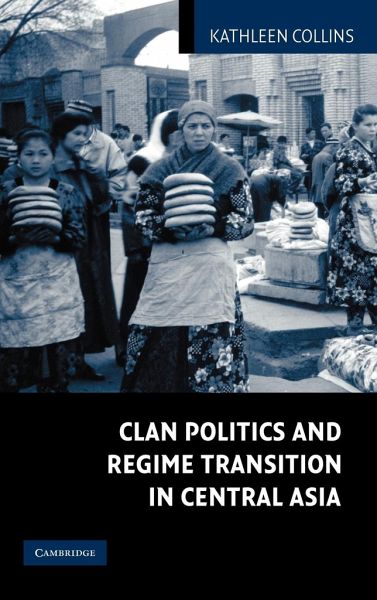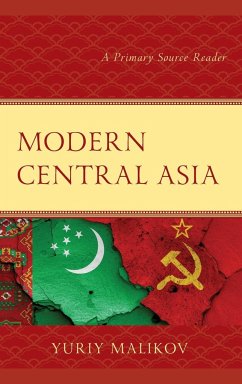
Clan Politics and Regime Transition in Central Asia
Versandkostenfrei!
Versandfertig in 1-2 Wochen
127,99 €
inkl. MwSt.
Weitere Ausgaben:

PAYBACK Punkte
64 °P sammeln!
This book is a study of the role of clan networks in Central Asia from the early Soviet period through 2004. The book explores the social, economic, and historical roots of clans, and their political role and political transformation in the Soviet and post-Soviet period. The book argues that in order to understand Central Asian politics and their economies today, scholars and policy makers must take into account the powerful role of clans, how they adapt and change over time, and how they affect political and economic reforms.














